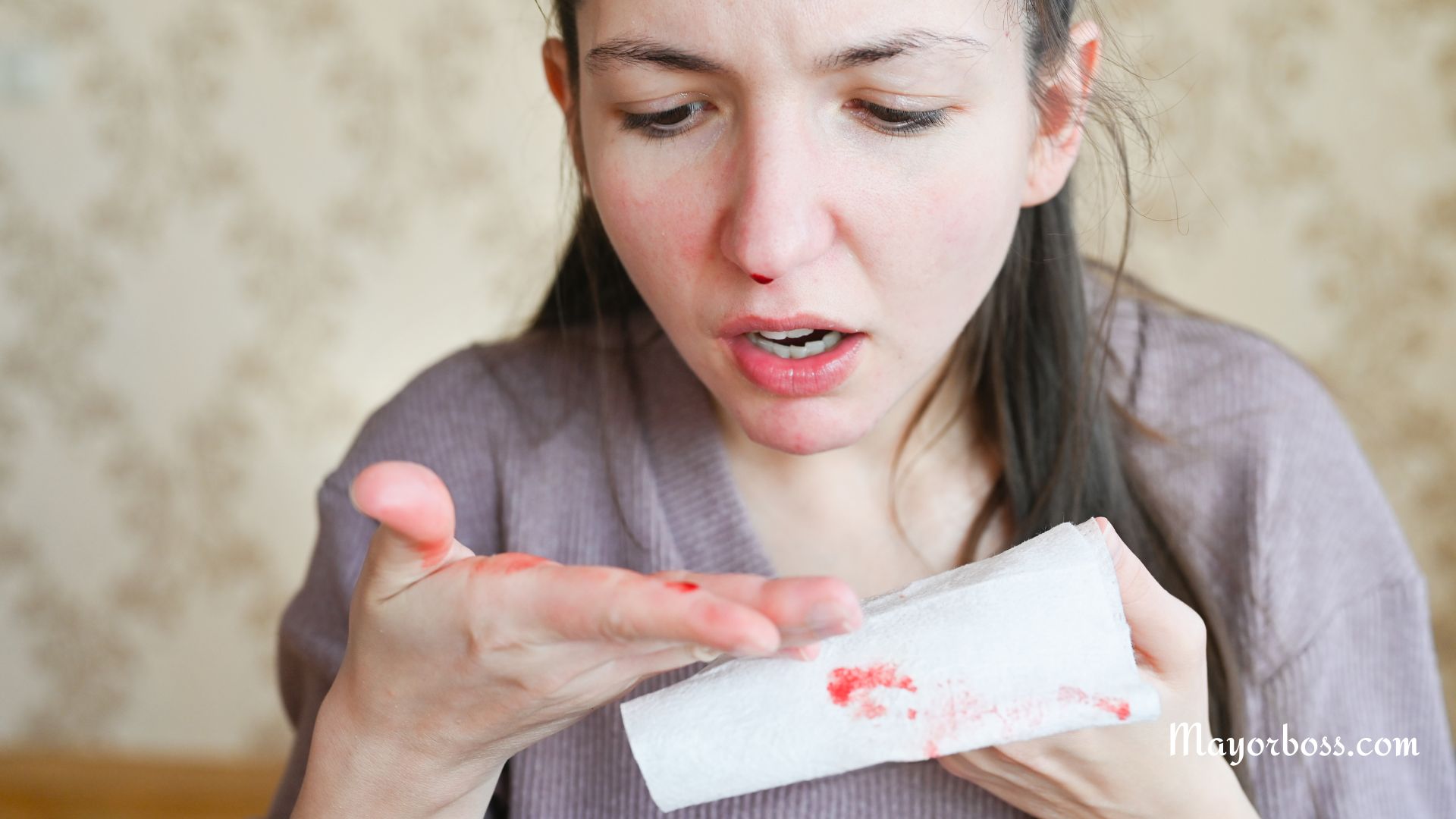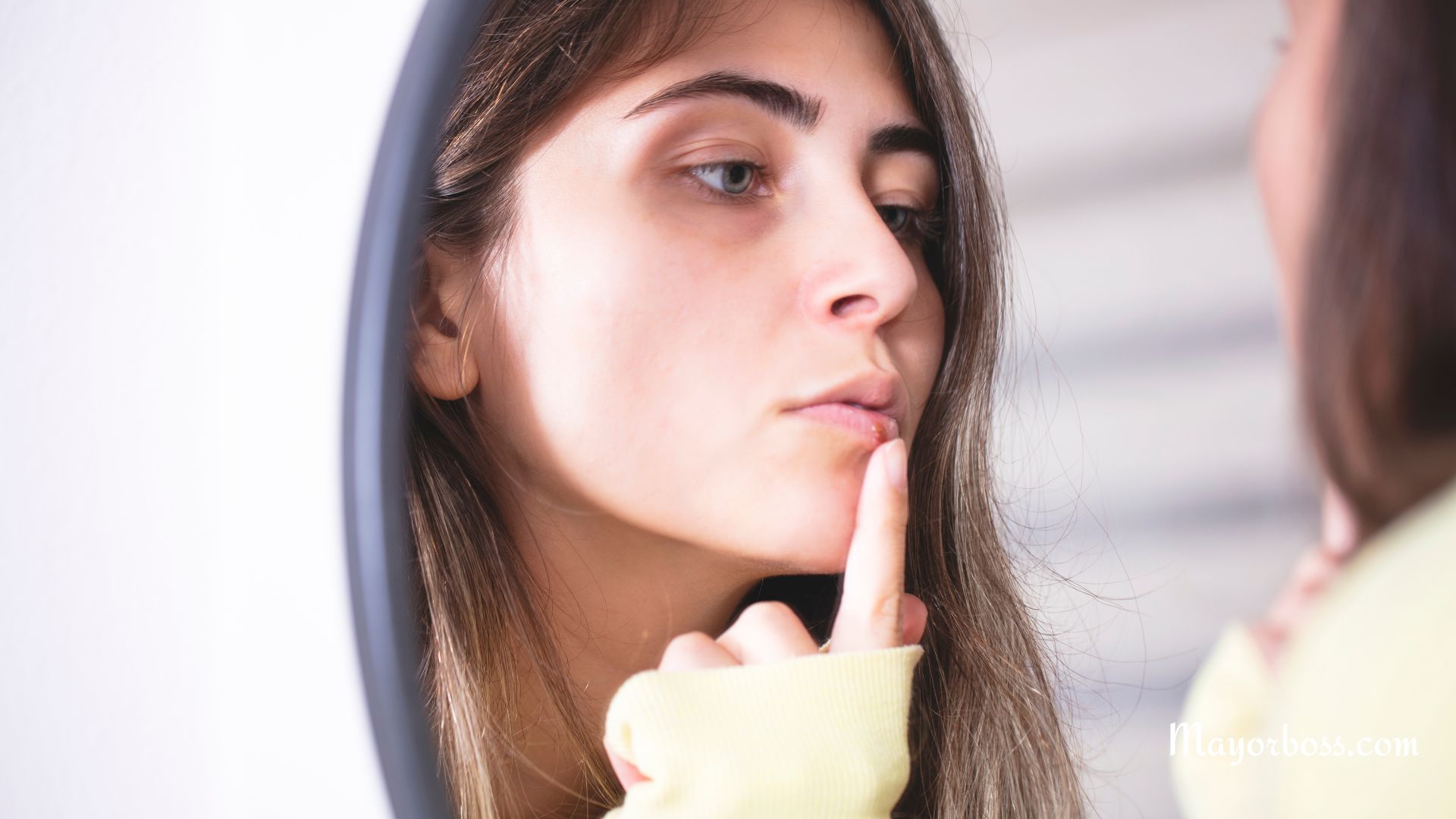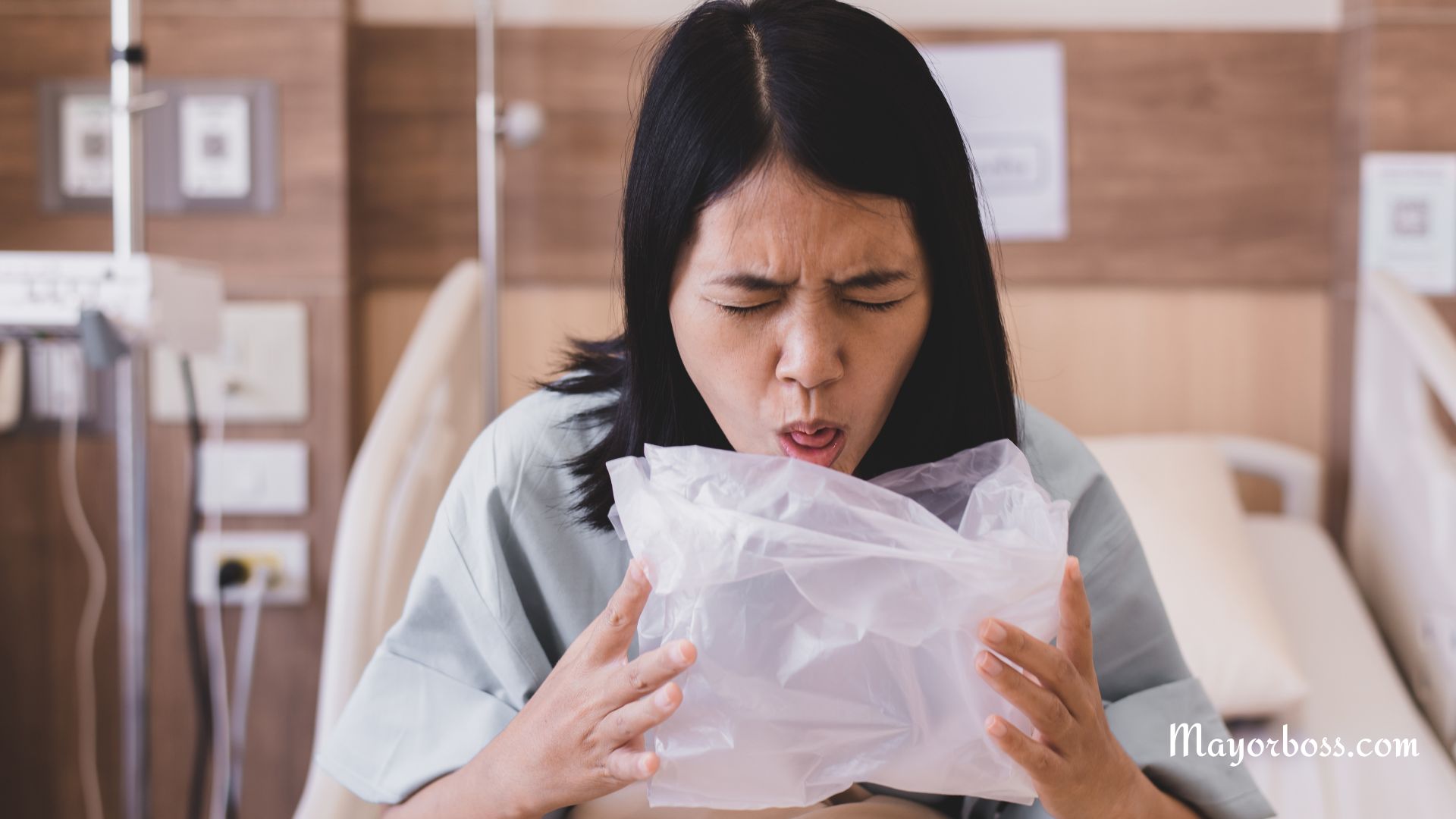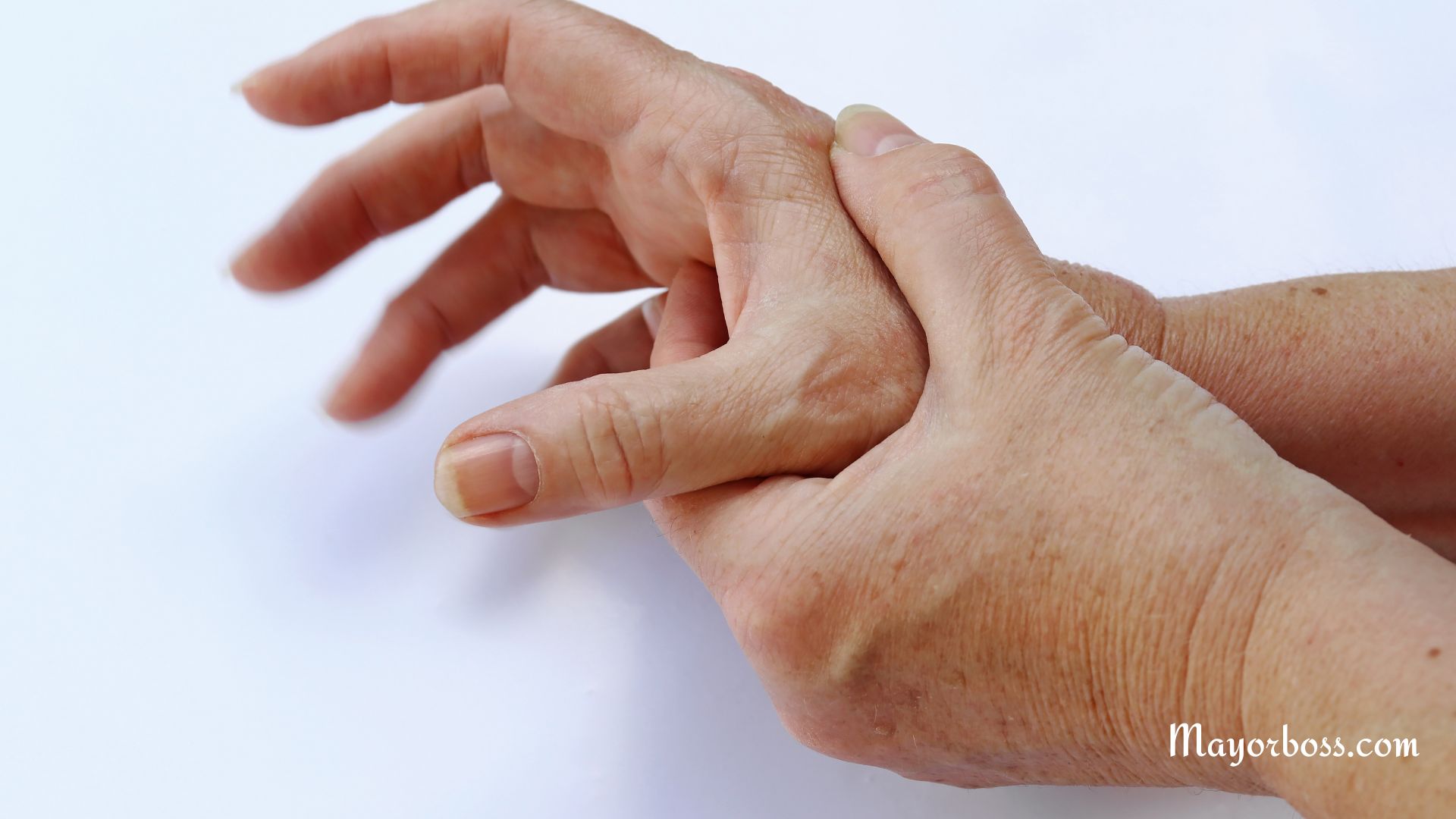8 Possible Causes of Bleeding When You Blow Your Nose
Do you want to know what causes blood when you blow your nose? If you’ve ever noticed blood when blowing your nose, you might have felt concerned. While it’s generally not a cause for alarm, there can be various reasons behind it. Some common causes include dry air, frequent nose-picking, sinus infections, constant nose-blowing, allergies, and certain medications.

Dry Air
Dry air is the most common cause of blood when you blow your nose. When the air gets dry, especially during winter months, the inside of your nose can become parched, too. This lack of moisture can cause the delicate blood vessels inside your nose to rupture easily, resulting in nosebleeds.
To tackle this issue, you can use a humidifier to add moisture to the air in your home. Additionally, applying a saline nasal spray can help keep the inside of your nose moist.
The Habit of Nose Picking
It may sound gross, but many people unconsciously pick their noses. This action can scratch or damage the inside of your nostrils, breaking those fragile blood vessels and causing bleeding.
To avoid this, keep your hands busy and be mindful of this habit. If you have children, encourage them to use tissues instead of their fingers to clear their noses.
Sinus Infections
Sinus infections can cause a variety of symptoms, including headaches, congestion, and, yes, nosebleeds. The inflammation in your sinuses puts pressure on the blood vessels in your nose, making them more prone to rupture.
If you suspect a sinus infection, consult a healthcare provider for diagnosis and treatment. Antibiotics or other medications may be prescribed to treat the underlying infection.
Frequent Nose-Blowing
If you’re dealing with a cold or allergies, you might find yourself blowing your nose more often. This frequent action can irritate the delicate tissues inside your nose, causing them to bleed. Be gentle when you blow your nose. Use a soft tissue and avoid applying too much pressure.
Overuse of Nasal Sprays
Many people turn to nasal sprays for quick relief from congestion. But be careful. Excessive use can irritate the nasal passages. In turn, this can contribute to bleeding when you blow your nose. Always follow the directions on the package, and don’t use the spray for longer than recommended.
Allergies
You may think of sneezing and itchy eyes when you hear about allergies, but they can also lead to nosebleeds. The constant sneezing and nose-blowing can irritate your nostrils and make them bleed.
If you have allergies, taking antihistamines as prescribed can help manage symptoms and reduce the likelihood of nosebleeds. Also, using allergy-friendly pillows and bedding can make a big difference.
High Blood Pressure
In people with high blood pressure, nosebleeds can be more frequent. The elevated pressure can cause small blood vessels in the nose to burst, especially when you blow hard. Managing your blood pressure through lifestyle changes and medication can help. Consult your doctor for advice.
Medications
Certain medications, particularly blood thinners, make it easier for bleeding to occur throughout your body. This effect extends to the sensitive tissues in your nose as well. If you’re on such medications, it’s crucial to be gentle when blowing your nose. Also, make sure to consult your healthcare provider about the symptoms you’re experiencing.






